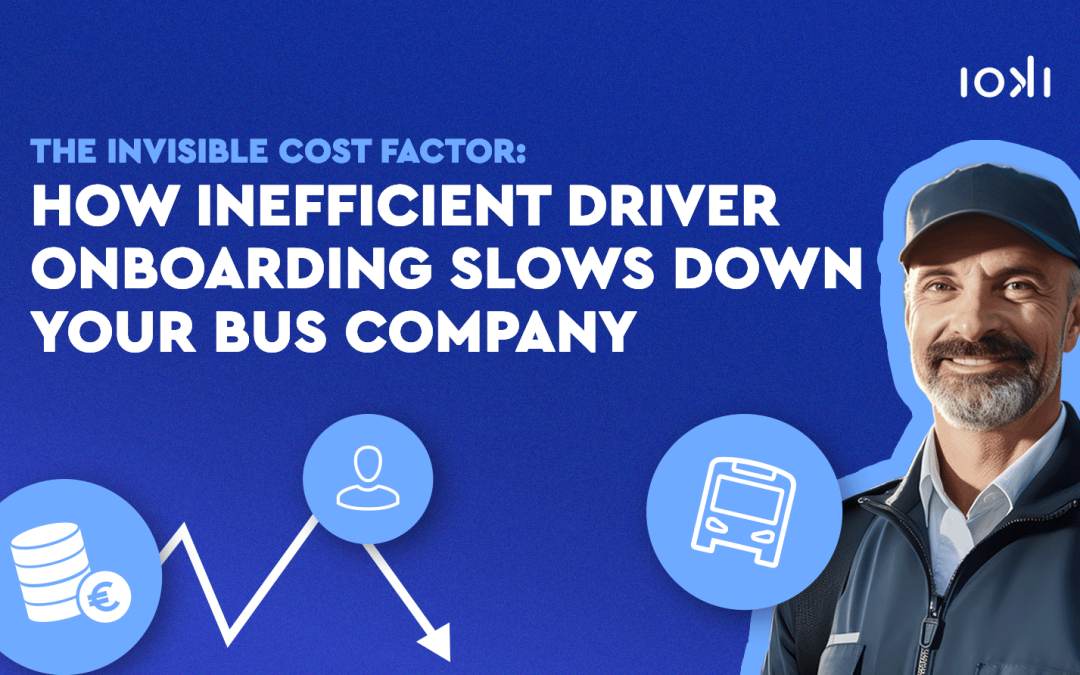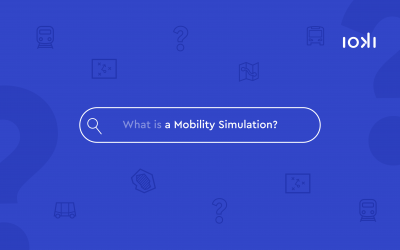Sharing is caring: About the idea of the sharing economy
The idea of sharing is not new – and yet it is currently shaping almost an entire generation. The possibilities offered by the internet are creating entirely new communication and interaction spaces that will take the former neighborhood swap to a new level – in the spirit of a networked society. The “share idea” is supported by countless platforms, social networks and apps such as WHY own it, niriu or WeeShare, which enable simple exchange between users. The sharing economy gains ground – every third German already uses sharing services.
The principle behind this is actually quite simple: it is about sharing and no longer just claiming objects and services for oneself, but also granting other people access to the desired good or service. Lists like “my house, my car, my boat” seem obsolete. The heart of the sharing economy is built by the idea of no longer having objects as “autocrats”, but rather offering them to friends and strangers for common use via digital platforms.
But instead of burdening the individual with a feeling of renunciation, the idea of the sharing economy creates new (consumer) freedom – especially if the actual possession is financially impossible or economic, or if the good is only partially needed.
Car – the typical best practice example
Exactly this observation can also be determined in connection with the understanding of the car. For example, a study shows that shared mobility services such as car sharing will reduce private car spending by 25 to 30 percent by 2040.
Our consumer behavior is thus adapting to our current living conditions: Because digitisation makes everything faster, everything more networked, everything new – and this in a horizon of almost unlimited possibilities. While tomorrow we will need a van for a job-related move, the day after tomorrow we will need a smart shuttle service from the S-Bahn station to our desk and in four weeks a station wagon for our holidays.
The sharing principle, especially in the area of transport and environmental protection, holds enormous potential – for the individual as well as for society as a whole. According to Carlo Ratti of the Massachusetts Institute of Technology (MIT), 30 percent of vehicles in a metropolis like Singapore would be sufficient to meet the mobility needs of the population. Car sharing could eliminate an additional 40 percent of cars if passengers were willing to travel similar routes together.
But it is not only our relationship to the car itself that is changing our mobility patterns. The sharing economy now extends to almost every industry and thus reflects various areas of life, not least our working life. The new communication spaces of the internet are democratizing knowledge and sharing it on a massive scale via permanent availability, while these mechanisms and platforms are also leading to the establishment of more and more freelancers. This, in turn, brings with it significant implications for the mobility needs of the individual. Because in times of digital teams, home offices and coworking spaces, the journey to work loses its routine, has to be rethought every day and must therefore be as flexible and modular as possible.
This development is underscored by the large number of new offerings with which companies meet the mobility needs of their employees. The company car has long since ceased to be the only and best solution. Corporate Carsharing is very much in vogue: “The spectrum of customers ranges from freelancers, who only drive once or twice a week, to tradesmen, who need a car in addition to the existing fleet, to large companies, public authorities and banks,” reports Willi Loose, Managing Director of the German Carsharing Association.
What’s next?
Now it is up to us to make profitable use of the opportunities offered by the sharing economy. With new technologies, our world is becoming more and more networked, the limits of what can be achieved are shifting and entire industrial sectors will experience a serious change – the mobility industry is leading the way innovatively.



